Blog Article
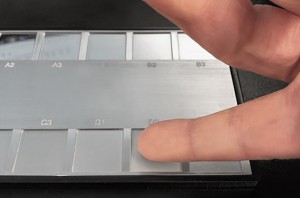
How do I calibrate my fingernail?
February 28, 2023Tactile gages (comparator strips) can aid in quick assessment of a process, but they have limitations for process control. We look at their strengths and weaknesses in this blog post.
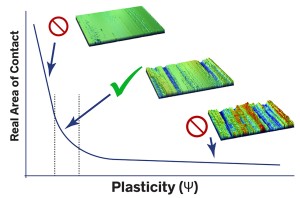
Which surface textures & materials make good bearings? Pt. 3
February 13, 2023In this 3-part series we look at the case of dry, sliding friction and discuss how surface roughness and materials impact the surface as a bearing. Download this 3-Part Series
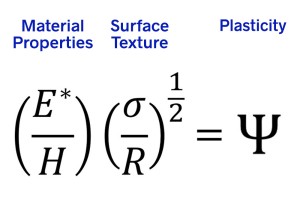
Which surface textures & materials make good bearings? Pt. 2
February 7, 2023In this 3-part series we look at the case of dry, sliding friction and discuss how surface roughness and materials impact the surface as a bearing. Download this 3-Part Series
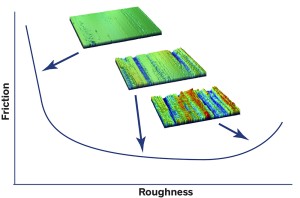
Which surface textures & materials make good bearings? Pt. 1
January 30, 2023In this 3-part series we look at the case of dry, sliding friction and discuss how surface roughness and materials impact the surface as a bearing. Download this 3-Part Series
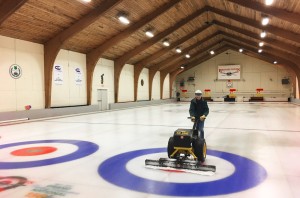
Curling again! Applying the lessons of micro-texture to the macro texture of curling ice
January 23, 2023We’ve had a lot going on related to ice lately! It is that time of year… A few months ago, we posted an article about the sport of curling, which
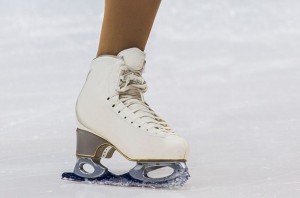
Ice and friction – there’s a lot going on!
January 19, 2023Want to maximize your fun while skating? Make sure that the ice temperature is -7°C! For many years I thought that concentrated pressure is what melts the ice when you
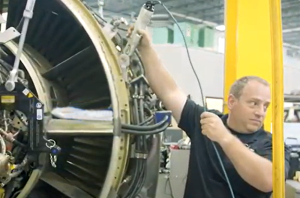
When is “non-contact measurement” important?
January 9, 2023For surface roughness measurement, it would seem like “non-contact” methods would always be preferable. After all, being able to measure a surface with no possibility of contact damage would always
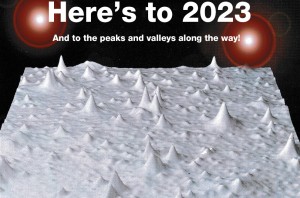
Seasons Greetings from Michigan Metrology
December 20, 2022We wanted to take a moment to wish everyone a great season and happy new year. We’d like to express our gratitude for making it through all of the “peaks
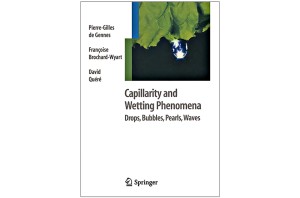
Capillarity and Wetting Phenomena: Drops, Bubbles, Pearls, Waves
December 12, 2022Pierre-Gilles de Gennes, Françoise Brochard-Wyart, David Quéré, 2003 When I started the Surface Roughness, Texture and Tribology class some 20 years ago I searched for good descriptions of the physics
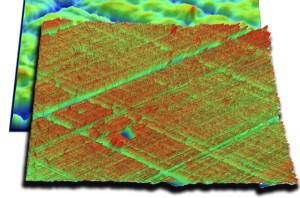
Ratio Parameters (Spk/Sk, Svk/Sk, Spk/Svk)
November 30, 2022Tracking the ratio of several bearing ratio parameters can provide information about the symmetry of the surface texture, which can sometimes be more important than the amplitudes of the peaks
